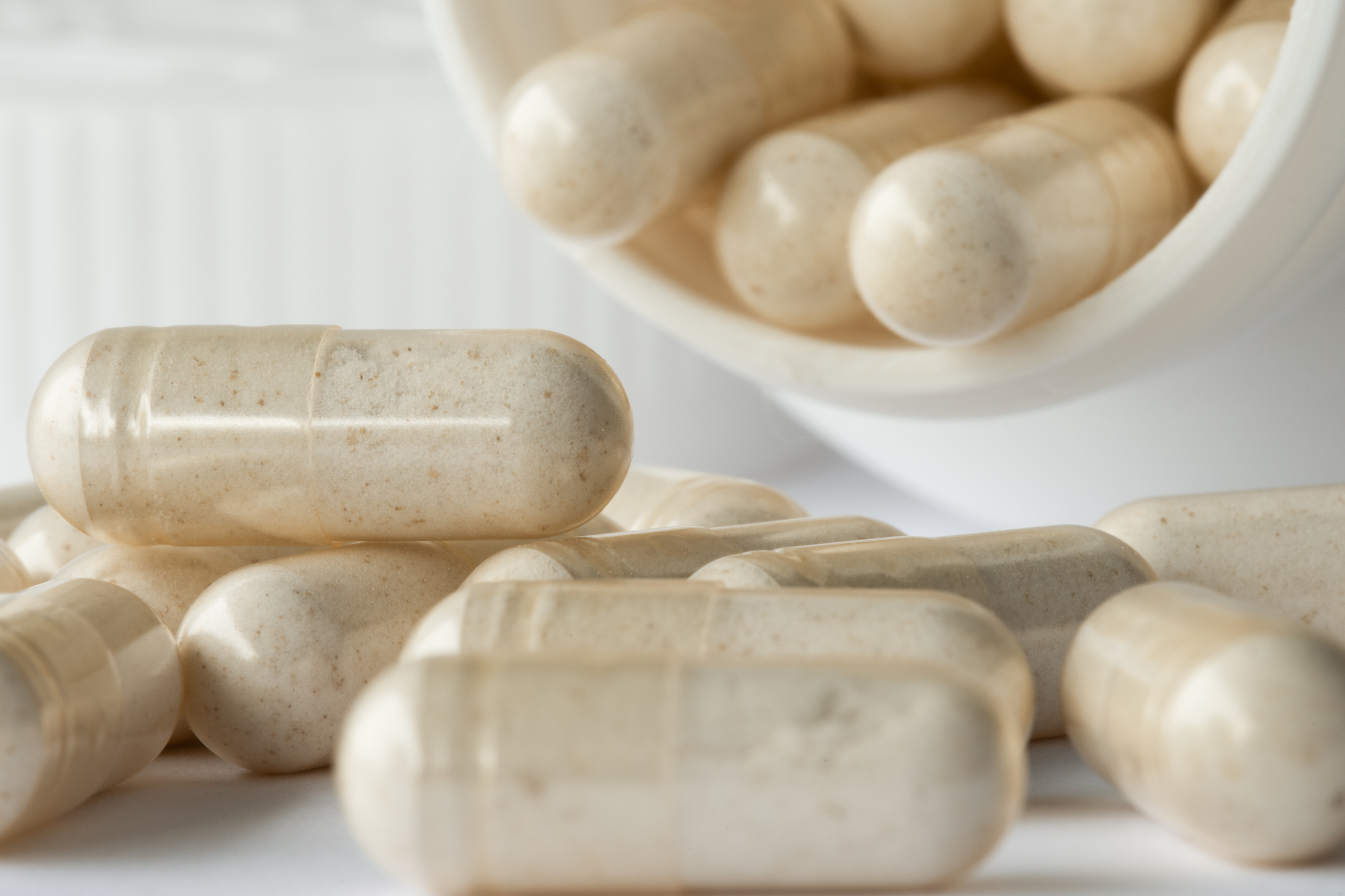
Probiotics
Some people use probiotic supplements as a source of “good bacteria” to help them achieve health-related goals. But what makes bacteria “good” and how does it affect your oral health?
Some studies indicate that certain groups of helpful bacteria can fight or cancel out some adverse oral health effects from the bad bacteria in your mouth.
Where do probiotics come from?
Probiotics naturally occur in certain foods, such as most yogurts, soft cheeses, fermented milk, kimchi, sauerkraut and kombucha. They can also come as a supplement in a variety of forms – capsules, pills, powders and liquids.
The Pros of Probiotics
Further research is needed to determine exactly how probiotics interact with your oral and overall health. There are a few ways probiotics may benefit your teeth, gums and overall health.
- Reduce bad breath. It’s possible that probiotics can reduce or eliminate bad breath in some people by combating the bacteria causing the bad breath.
- Relieve symptoms of gum disease. Certain studies suggest that probiotics can help reduce symptoms of inflammation and tenderness caused by gingivitis.
- Limit plaque and tooth decay. Good bacteria may help protect your tooth enamel, reducing your risk of cavities and tooth decay.
Potential Cons to Consider
In general, probiotics are not harmful to your health, but potential side effects can come in the form of allergic reactions, an upset stomach, bloating, and diarrhea. You’re more likely to experience those symptoms if you use probiotics while you’re already sick or if you have a compromised immune system.
You should also be aware that probiotics sold as dietary supplements don’t require evaluation and approval from the U.S. Food and Drug Administration unless the product makes health claims.
Consult your physician before taking probiotics. Eating a nutritious diet may be all you need to maintain the gut bacteria you need.
Leave a reply →